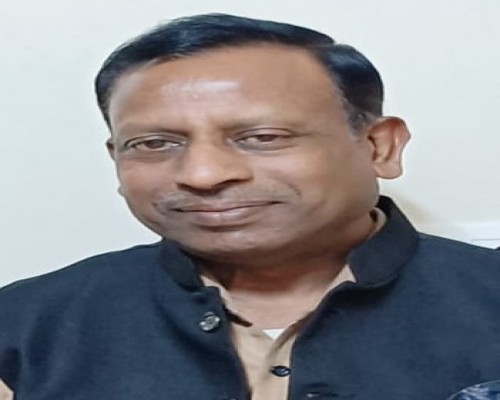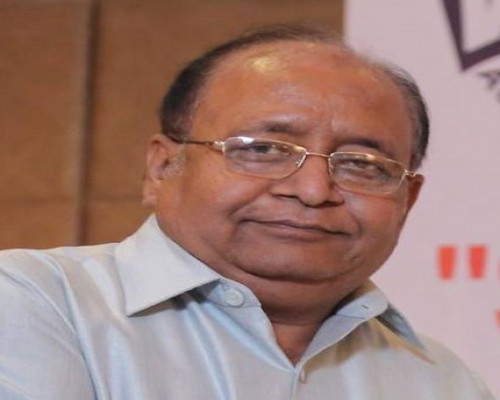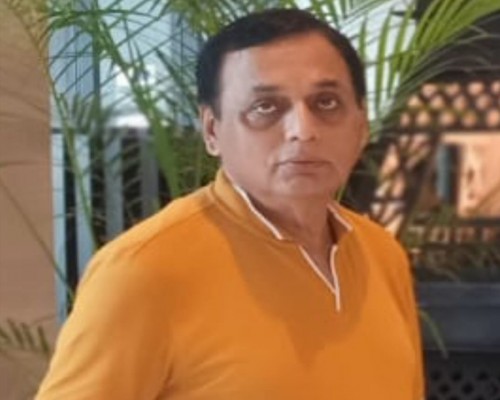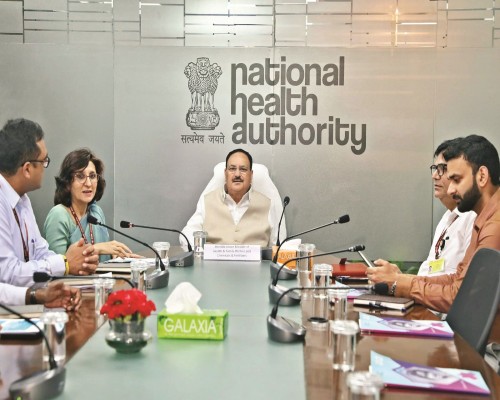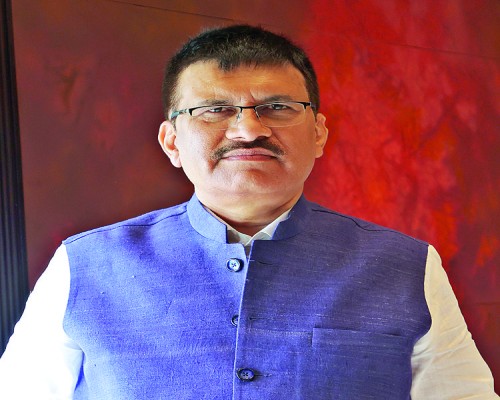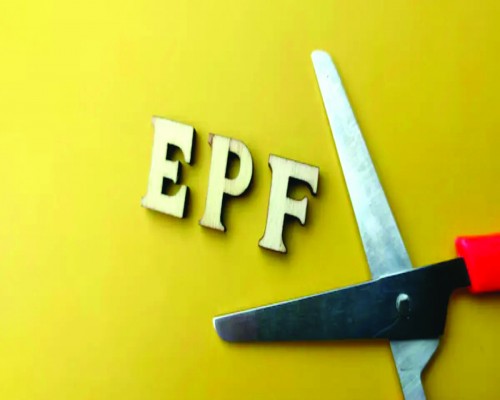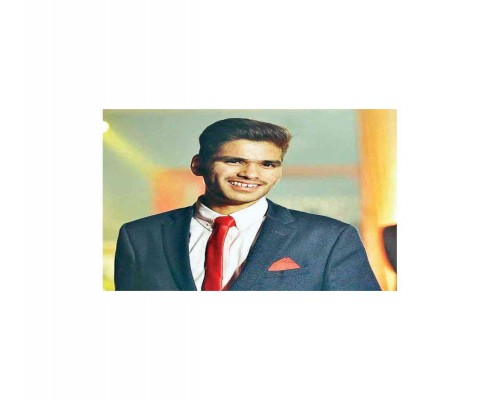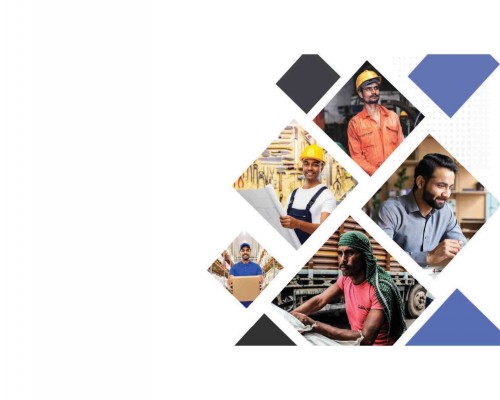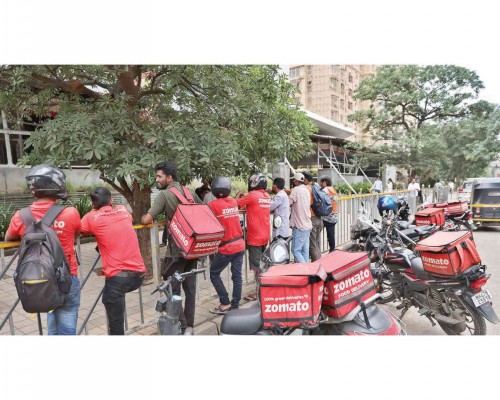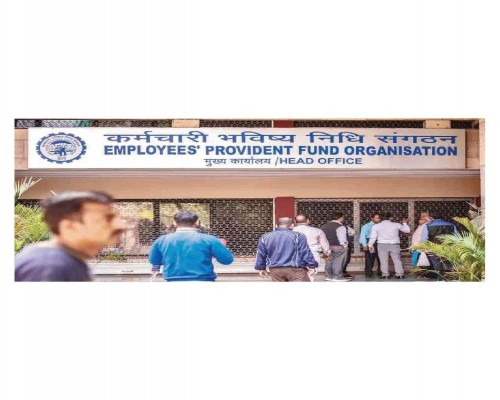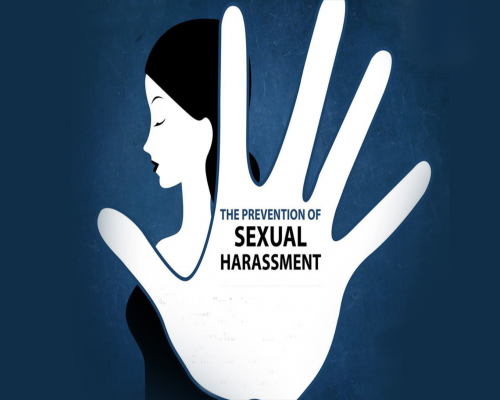Celebrating 60 years of India – Malta Diplomatic Relations (1965-2025)
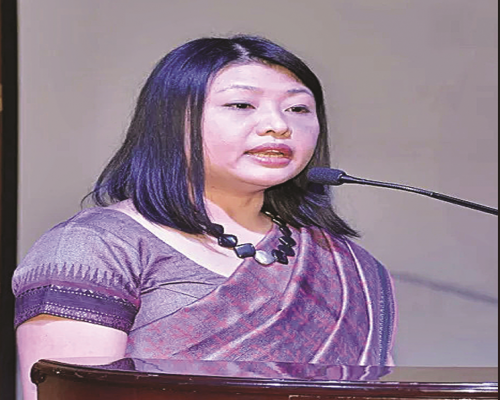
H.E. Mrs. Gloria Gangte, High Commissioner of India to Malta
India was one of the first countries to recognize Malta’s Independence in 1964 and establish diplomatic relations with it on 10 March 1965. However, India-Malta links go further back than the formal establishment of diplomatic relations. The strategic location of Malta along the maritime routes facilitated trade links centuries ago. Both countries share a colonial history and are members of the Commonwealth. Both are vibrant democracies, share common values, and are committed to effective multilateralism and promoting international peace and security.
Over the years, bilateral relations have been enriched by several exchanges of High-level interactions and visits. These include visits exchanged at the highest levels; that of Presidents, Prime Ministers, Speakers and Representatives of Parliament, Ministers of External Affairs, Ministers of Home Affairs, of Commerce and of Finance, and many others.
Their common membership of various international organizations provides a platform for both countries to not only reinforce their bilateral ties but also share perspectives and work together on contemporary global issues. What stands out in their journey together is their support for each other on the global stage, in multilateral institutions, and in addressing international challenges like climate change and sustainable development. India regards Malta as a trusted partner and interlocutor in the European Union.
Commercial relations between the two countries have been growing. Strong ties have been forged in the pharmaceutical, healthcare, entertainment and recreation, IT and construction sectors. Some Indian companies have made substantial investments in the pharmaceutical sector, creating knowledge-based jobs. Maltese companies are also utilizing the vast Indian skilled talent pool in diverse fields in accounting, consulting, finance, gaming industry, back office telecom operations, hospitality and tourism, both onshore as well as offshore.
Malta has gained international recognition as a world-class centre that has attracted blue-chip banks, fund managers, and investment houses. Being an EU member that speaks English, Indian Companies will find it easier to work with them for EU markets. Collaborations in Fintech including e-payments are being explored.
Although modest, there has been a steady growth in bilateral trade, which has almost doubled since the last five years, reaching $531.79 million in 2023-24. A large part of Indian exports to Malta has been pharmaceuticals. Other items of exports include petroleum products, wheat, organic chemicals, and ceramics. Malta exports chemicals, integrated circuits, machinery, and paper to India.
People-to-people ties between the two countries are underpinned by the large and growing Indian community in Malta. These connections pre-date Indian & Maltese independence from the British colonial rule. The Indians who came to Malta towards the end of the 19th Century established famous textiles and clothing shops that are still etched fondly in the memory of many Maltese. Several Maltese parents have adopted children from India. Even as these children grow up as Maltese nationals, they would retain their ethnic identity. This would further have a positive impact on India- Malta ties in decades to come.
Cinema has served as a powerful medium for showcasing the cultural synergies. Indian filmmakers have been drawn to the picturesque landscapes of Malta to film Bollywood & other regional language films. Some Indian films shot in Malta are Thugs of Hindustan (2018), Bharat (2019), Charas (1976), Samraat (1982), a Tamil film Vinnaithaandi Varuvaayaa (2010) & Starfish Pickle in 2024.
Education and Entertainment sectors have positively contributed to the local economy and have served as an important tool to enhance people-to-people contacts, thereby making a larger societal connect between the two countries. With affordable quality education, Malta has attracted Indian students in diverse courses. These students will nurture our partnership by forging lasting friendships and bridging cultures. There is scope to enhance cooperation in these areas further.
Sports is another area of collaboration between India and Malta. A number of Indians have played in Maltese Indian cricket team. From time to time, Indians have also been recruited in Maltese football and basketball teams.
In today’s uncertain and volatile world, it is important that countries and partners who have similar attitudes and converging interests work more closely. A strong India-Malta relations and a strong India-EU collaboration can be a stabilizing factor in a turbulent world. Malta’s contribution in fostering international dialogue and promoting peace during its membership of the UNSC and its role as Chair-in-Office of the OSCE is widely appreciated. There is no doubt that Malta will continue to contribute to global good as it steers the Commonwealth Ministerial Action Group and takes over as President of ‘The Council of Europe’ in May 2025.
As we celebrate the 60th anniversary and our successes, it would be prudent to contemplate ways to enhance our engagement going forward. Malta’s strategic location (in the Mediterranean and halfway between Europe and Africa), use of English language and its EU membership makes it an ideal location for Indian companies to expand into Europe and neighbouring North African countries. Successful India-Malta collaboration in the Pharmaceuticals sector can be replicated in other sectors like Renewable Energy, Information Technology and Financial Services. Cooperation in Maritime industry and Defence training are areas that can be explored for future collaboration. Medical equipment manufacturing, Hospitals and Hospice management also offer positive prospects.
India’s youthful demographics provides a comparative advantage in sectors requiring a large and skilled workforce. This trend is projected to continue for several decades with India’s median age remaining below 40 in 2050. Demographic unevenness has created demand and supply imbalances across the world. India and Malta can be partners in this regard as well. This would require a focused initiative that customizes human resources for the Maltese market.
Another area of cooperation that is still unexplored is medical tourism. As there are many Indian healthcare workers in Malta, Maltese patients already have a comfort level with Indian healthcare professionals. India, with its world-class hospitals, large pool of skilled and well-trained doctors and nurses and cost-effective treatment offers a good alternative to Maltese patients. This could also help reduce the burden on Malta’s healthcare system.
The sixtieth anniversary of the establishment of our diplomatic relations is an opportune time to renew our efforts at deeper understanding, greater engagement and enhanced cooperation between our two great nations and peoples.



